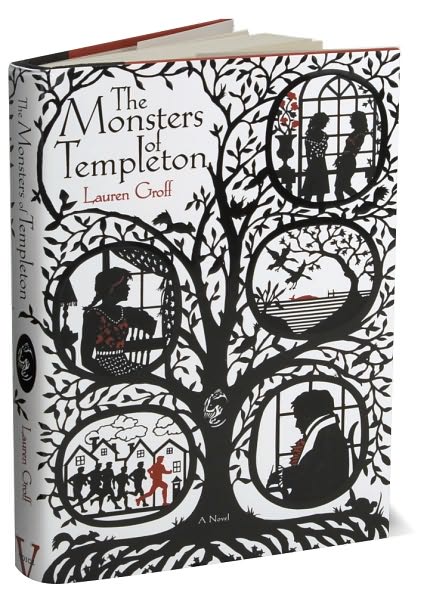 You’ve all read Romeo and Juliet. But did you ever wonder just how that famous feud between the Capulets and the Montagues got started? Blixt did, and his answer to that question is just one of the threads that makes up his spectacular debut novel, The Master of Verona
You’ve all read Romeo and Juliet. But did you ever wonder just how that famous feud between the Capulets and the Montagues got started? Blixt did, and his answer to that question is just one of the threads that makes up his spectacular debut novel, The Master of Verona
It’s not Shakespeare who is at the centre of this book, however. It is Dante Alighieri, or Alaghieri, and especially his eldest son Pietro through whom we witness the desperate battles between the Guelfs and Ghibellines and the slow-motion tragedy that is the beginning of Verona’s fall. Pietro is an enormously engaging and sympathetic hero whom we follow as he strives to come out behind the shadow of his famous father and make his own way in the world.
And what a world it is. It isn’t fair to compare any author to another, and Blixt’s contribution is wholly original, but I couldn’t help be reminded of the work of Dorothy Dunnett when I read this novel. Like Dunnett’s, Blixt’s characters are larger than life — in a good way — and his battles have real consequences. No one escapes unscathed, either in body or in mind. Astrologers, diviners, illegitimate children, mysterious foreigners, and shrewd teenage girls crowd the page. It is a wild and completely satisfying ride.

